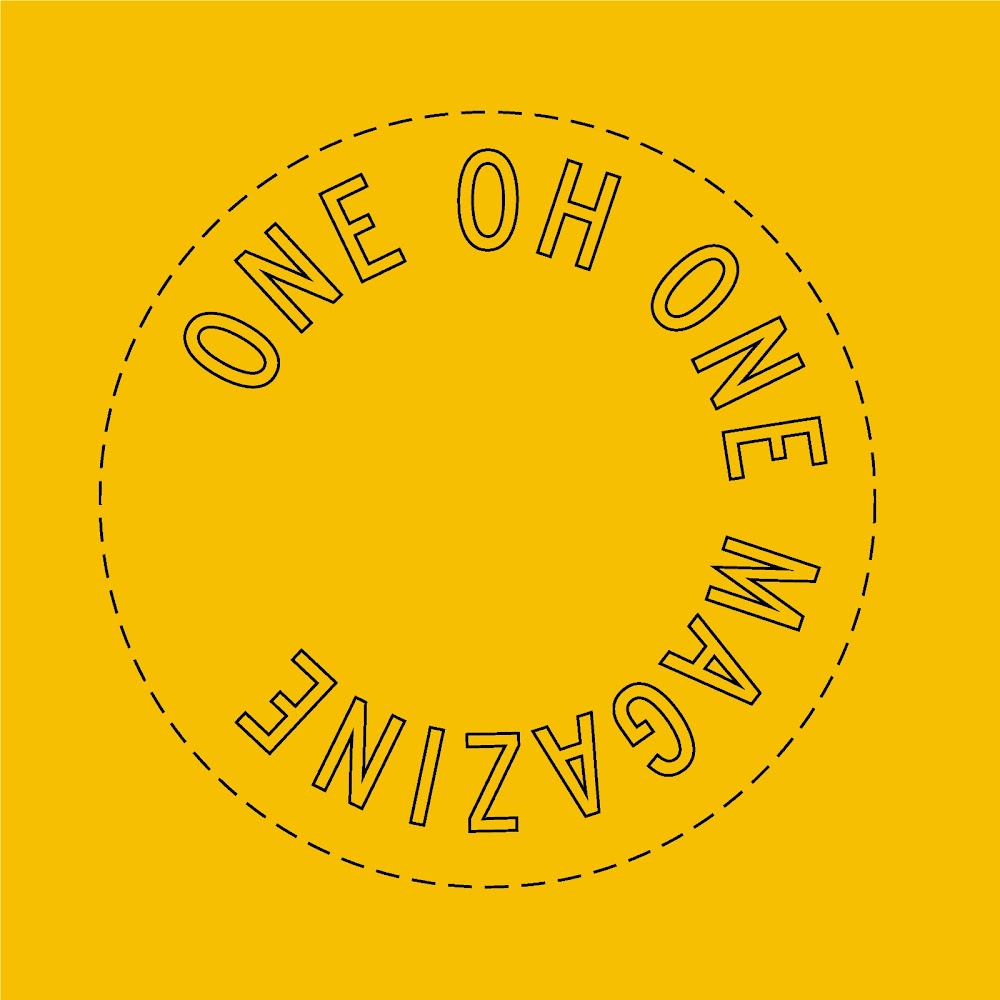I asked some questions to the gals behind the Scrunchie Studio - Hannah, a Psychology graduate from Manchester Metropolitan University, and Cece who is originally from Denmark. The Srunchie Studio is an independent online store home to some great handmade and upcycled scrunchies with some really lovely designs! Check them out on:
Cece and I have always loved scrunchies. The initial idea came about when we were having a clear-out of old clothes back in May. We found an old crop top that had doughnuts on, and we thought hey, this would make CUTE scrunchies! We taught ourselves how to make them, the idea struck us that we should start making our own scrunchies from old clothes instead of buying material. I love all things sustainable and Cece is brilliant at sewing, so we put our minds together and the Scrunchie Studio came alive. We love the idea of upcycling, it gives our customers the satisfaction of shopping sustainably whilst helping a small business. 3 out of 5 fast fashion items end up in landfills, and we love that we are helping the environment one scrunchie at a time.
What’s been the most exciting part of setting up your own business?
I suppose seeing our ideas come to life, we are pretty much scrunchie mad now! Whenever we go thrift shopping, we look out for beautiful patterns and materials we think people will love. It's so exciting seeing the result after the hard work we put in, we always end up keeping one ourselves! We set up our online shop for the Scrunchie Studio in October, it was so exciting to see our creations online, and always so rewarding to see how much people are loving them. It makes us really excited to keep making more and coming up with new ideas. We have recently launched scrunchie sets and gift boxes and we cannot wait to watch the business grow. It’s also made our friendship stronger, it’s so much fun working with one of your closest friends. Plus, being able to say that something is yours that you have started from the ground up is a beautiful feeling.
What’s been the most challenging part of setting up your own business?
Definitely time management. Me and Cece work full time, I work in a college with special educational needs and Cece works in shipping. We have got into the habit of setting time aside for the business, anyone who handmakes items will know that it is much more time consuming than you think. It is pretty much like working two jobs, as soon as we finish work we are making scrunchies! Finding time to relax is challenging, we are always tired but we love what we do.
Do you have any goals you want to achieve with the Scrunchie Studio?
We would love to see how the Scrunchie Studio evolves, it's so exciting that we have only been open just under a month and we have other businesses supporting us and wanting to get involved. Me and Cece often think about where we could take the business, we love the idea of maybe distributing our stock in other local shops. We would also really love to build the brand name and have a website of our own instead of using a selling platform.
What do you love most about the Scrunchie Studio?
It’s really hard to name just one, but we love the fact we are sustainable, even our logo stickers are made from recycled paper! We love how every scrunchie we make is unique, we take pride in the attention to detail in our scrunchies, and Cece packages them so beautifully. We love seeing happy customers and seeing people involved with the business, we offer anyone with unwanted clothes that they send them our way and we’ll handmake them a scrunchie for free. The small business community is also really humbling, I love the support we provide one another. Starting the Scrunchie Studio has also made us see Social Media in a new light, Social Media can be negative and judgemental, but I love that our page is filled with nothing but support and appreciation for what we do, and we give support right back!
How can people follow you and support your business?
SUPPORT SMALL BUSINESSES! It's so easy to support small businesses, even a like or a share of our posts is hugely appreciated by us. We are on Instagram @StudioScrunchie. Follow, like and tell your friends about us! Think of us if you fancy giving someone a unique Christmas present, a friend’s birthday, or just to treat yourself! Favourite us on Etsy @ScunchieStudioGB. When you’re supporting a small business your kindness and purchases go a long way.




















Social Icons